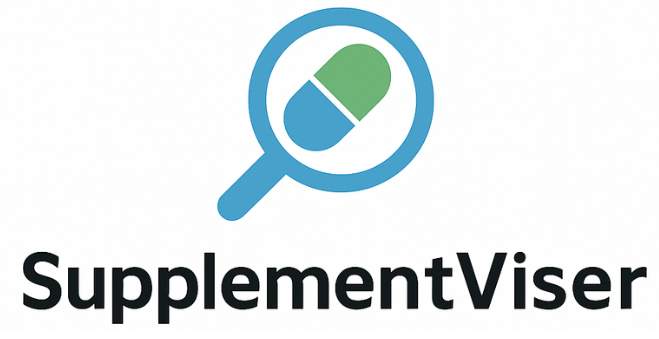YouTube Discussion: My Favourite Supplements: 7 Natural Supplements for PCOS
Views: 156 | Likes: 9
1. Key Benefits and Effects: Selenium supplementation has been shown to have potential therapeutic benefits in treating multiple diseases such as cancer, HIV, cognitive decline, and thyroid disease (Sanmartín, Plano, & Font, 2011). It is crucial for the optimal function of various physiological processes due to its incorporation into selenoproteins (Rayman, 2012). However, its effect on musculoskeletal health in older women and overall mortality rate is not significant (Walsh, Jacques, & Schomburg, 2021; Rayman, Winther, & Pastor-Barriuso, 2018).
2. Safety Considerations: The safety of selenium supplementation has been confirmed in the studies (Sanmartín, Plano, & Font, 2011; Walsh, Jacques, & Schomburg, 2021). However, potential risks of excessive selenium intake have been noted, suggesting a U-shaped relationship between selenium status and health effects (Rayman, 2012).
3. Recommended Usage: The optimal selenium status can be achieved through supplementation, but the exact dosage and usage guidelines remain unclear and require further research (Hurst, Armah, Dainty, & Hart, 2010).
4. Scientific Strength of Evidence: The strength of the evidence varies across the studies, with credibility scores ranging from 7.35 to 8.49. The evidence suggests potential benefits of selenium supplementation, particularly in treating certain diseases and in regions with low selenium intake. However, the lack of significant findings in some areas (e.g., musculoskeletal health, overall mortality) and the need for further research on optimal dosage and usage guidelines indicate that the scientific strength of the evidence is moderate.
In conclusion, selenium supplementation may offer certain health benefits, particularly for individuals with specific diseases or in regions with low selenium intake. However, it’s important to consider potential risks associated with excessive intake. As always, it’s recommended to consult with a healthcare provider before starting any new supplement regimen.
Top Reddit Discussions
| Title | Score | Link |
|---|---|---|
| How I stopped hair loss from Selenium! | 14 | View Post |
| Talc in a selenium supp | 1 | View Post |
| View Post |

Leave a Reply